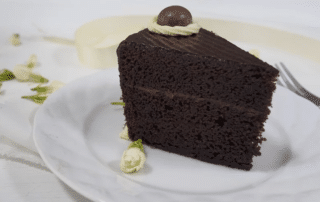Exerting Self-Control ≠ Sacrificing Pleasure
In the typical self-control experiment, participants are given a choice between a hedonic vice-food (e.g., chocolate) and a utilitarian virtue-food (e.g., fruit). Choosing the hedonic vice is interpreted as a self-control failure. We argue that self-control failures are better captured as choices that violate one’s long-term goals and induce regret. Accordingly, the consumption of hedonic food is not necessarily a self-control failure, and self-control does not necessarily entail a trade-off between pleasure and health. Our conceptualization has far-reaching consequences for consumers and policy-makers who try to help consumers exert self-control.




